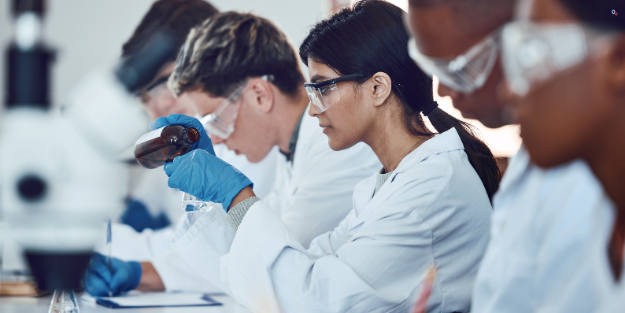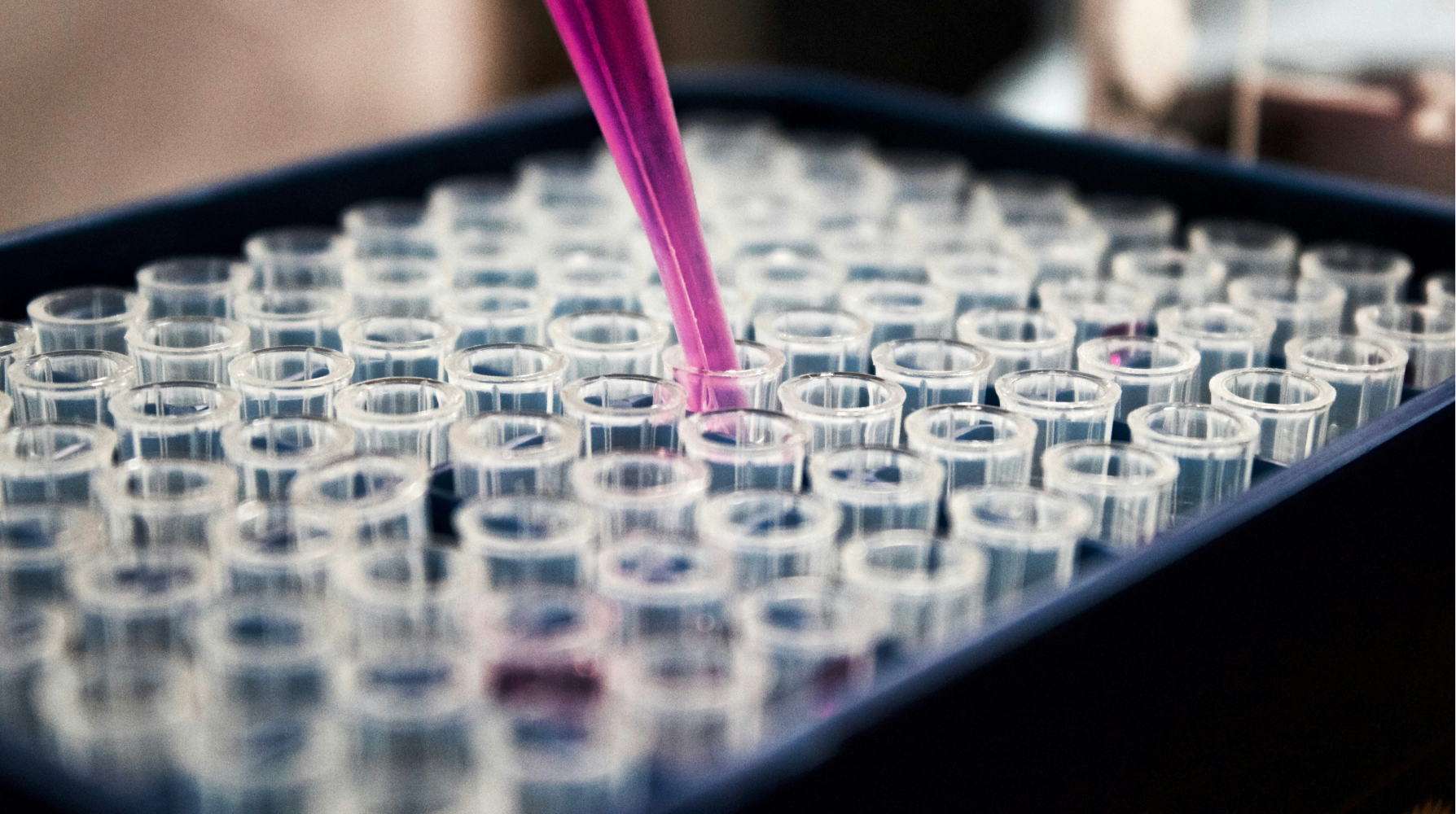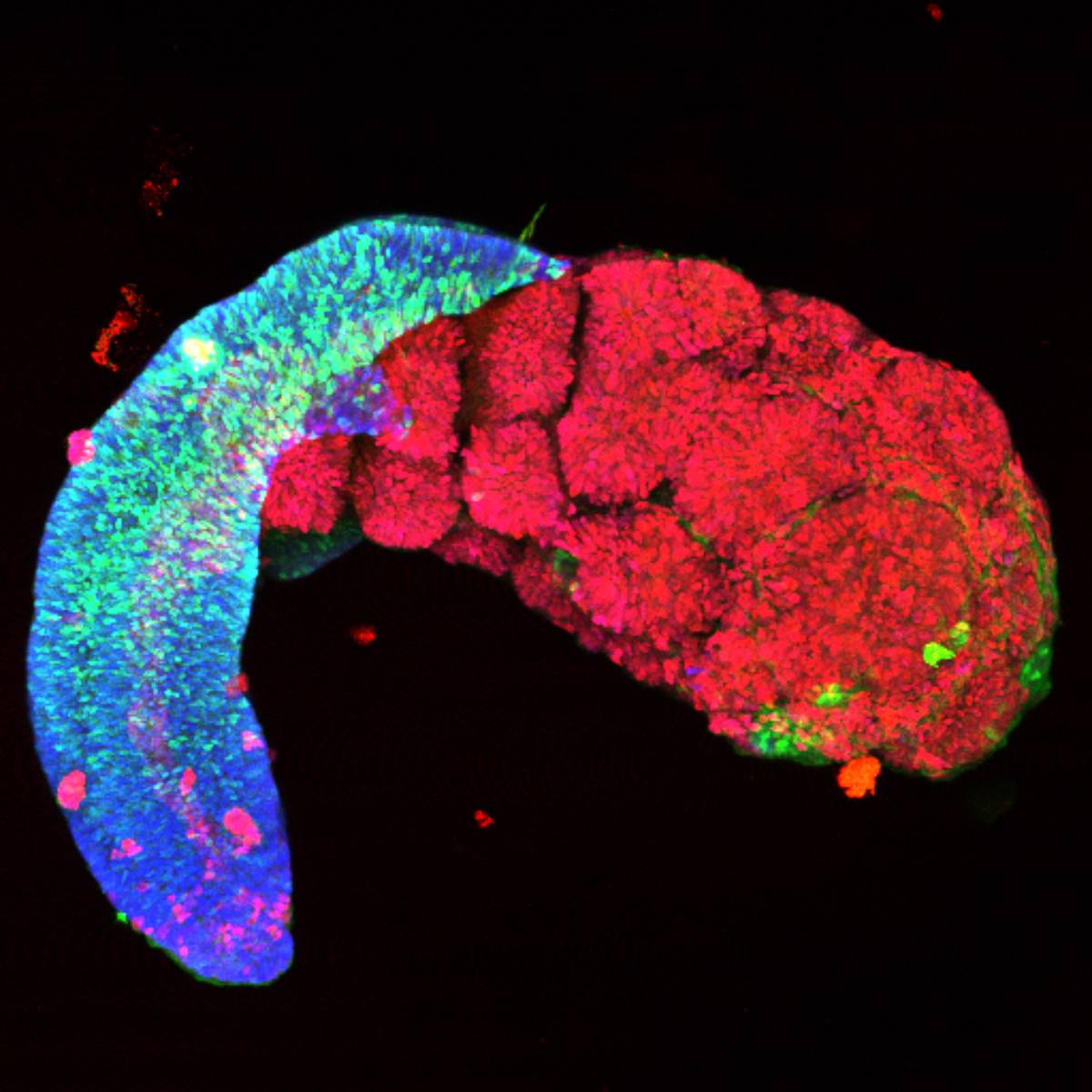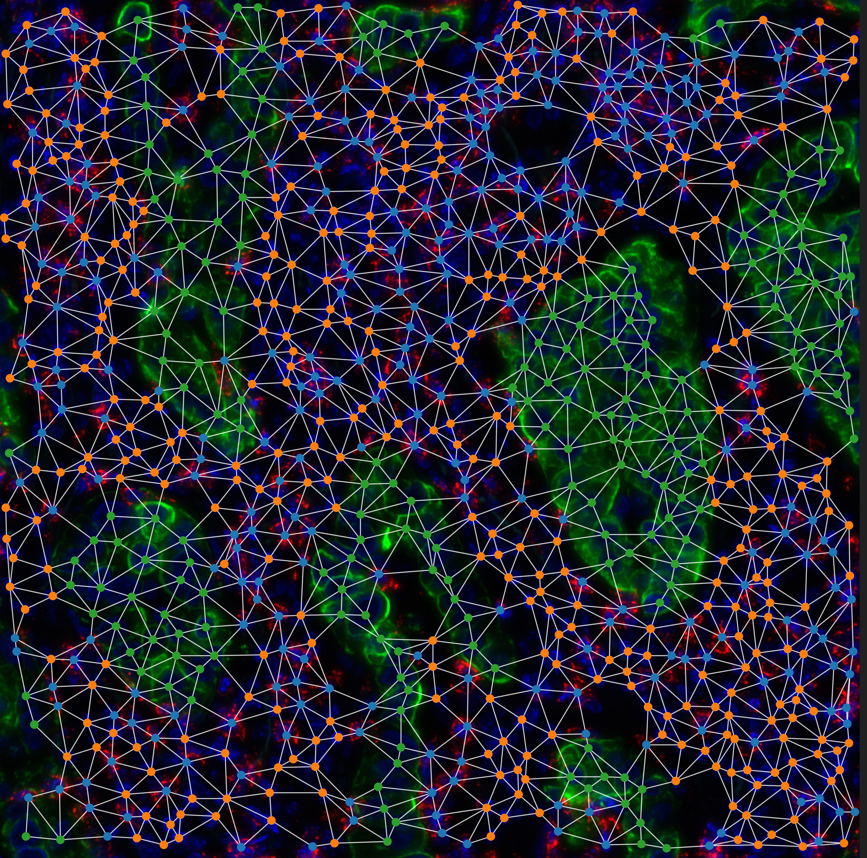
CELL NEXT
Challenge: Training and career development & innovation
Overview
Tailor-made training and career development program, combining cutting-edge research and training in molecular, cellular and epigenetic sciences applied to cancer. Cell-Next will also invest in interdisciplinary knowledge to address major societal challenges such as sustainability, diversity, equity and inclusion (DEI), as well as communication with the public. The program will also foster opportunities for innovative early-stage research with direct applications.
Geneviève Almouzni, head of the Nuclear Dynamics research unit (UMR3664) at the Institut Curie.
Thomas Walter, head of the Statistical Machine Learning and Modelling of Biological Systems team in the Computational Oncology unit (U1331) at the Institut Curie.
Sophie Jarriault, head of the Developmental Biology and Stem Cells Department at the IGBMC.
Jonathan Weitzman, head of the “Plasticity of Cellular Phenotypes” team at the Epigenetics & Cell Fate Joint Research Unit (UMR7216) at the Université Paris Cité
Cell Next, an initiative of the Cell-ID program, aims to train researchers and clinicians capable of adopting an integrative and collaborative research model. Faced with complex scientific challenges, such as the generation of high-resolution molecular data and their integration into sophisticated biological systems, the project focuses on interdisciplinarity. In addition, Cell Next responds to a growing demand for more responsible and socially aware approaches to research. Cell Next will build on research innovations with practical applications to foster the development of early-stage projects with a tangible impact for society.

Key objectives
Cell Next places the training and career development of young researchers at the heart of its priorities, while encouraging the early transfer of innovations resulting from research. Its main objectives include:
- Training interconnected researchers: Encouraging collaborative skills, with an emphasis on understanding the role of each individual within integrated projects.
- Encourage lifelong learning: Develop innovative training programs that goes beyond diploma granting, promoting a culture of continuous learning that extends beyond scientific expertise.
- Strengthening global skills: Combining scientific expertise with transdisciplinary skills, putting fundamental discoveries into a clinical and societal context with an impact-oriented approach.
- Stimulate innovative ideas: support innovative ideas that can more rapidly transform scientific advances into practical, innovative tools, by facilitating their application.
Key actions
To achieve these objectives, several actions will be implemented:
- Formation of interdisciplinary cohorts (Masters, PhD students and Post-Docs) with diverse expertise and potential. Participation in interdisciplinary challenges and retreats to encourage collective approaches and strengthen project ambitions
- Dual supervision: each cohort member will benefit from 2 supervisors with complementary expertise and will also be involved in mentoring younger researchers. This will enable them to acquire a broad vision of their project at the crossroads of different fields.
- Organization of scientific theme schools: traveling meetings at different Cell-ID sites to enable PhD students to present their projects and discuss the scientific, clinical and societal implications.
- Support for innovation and research acceleration: Funding around ten early-stage exploratory projects to accelerate key experiments, breakthrough technologies, proof-of-concept and/or technology transfer.
Expected results
Through these initiatives, Cell Next aims to:
- Creating a community of collaborative researchers: The cohorts formed as part of the project will strengthen interdisciplinary interactions and foster a collective approach to solving complex problems.
- Promoting scientific excellence in France: By attracting international talent and boosting the mobility of researchers, Cell Next will help limit the brain drain and position French research as a leader in interdisciplinarity.
- Preparing a new generation of committed researchers: Program participants will be equipped not only with cutting-edge technical skills but also with a deep understanding of the societal implications of their work, making them fit to meet challenges along a continuum of modern basic and medical sciences.
- Enhancing scientific innovation: promoting and encouraging the practical application of scientific discoveries, to explore their valorization potential within the industrial and medical sectors.
Les autres projets PEPR


